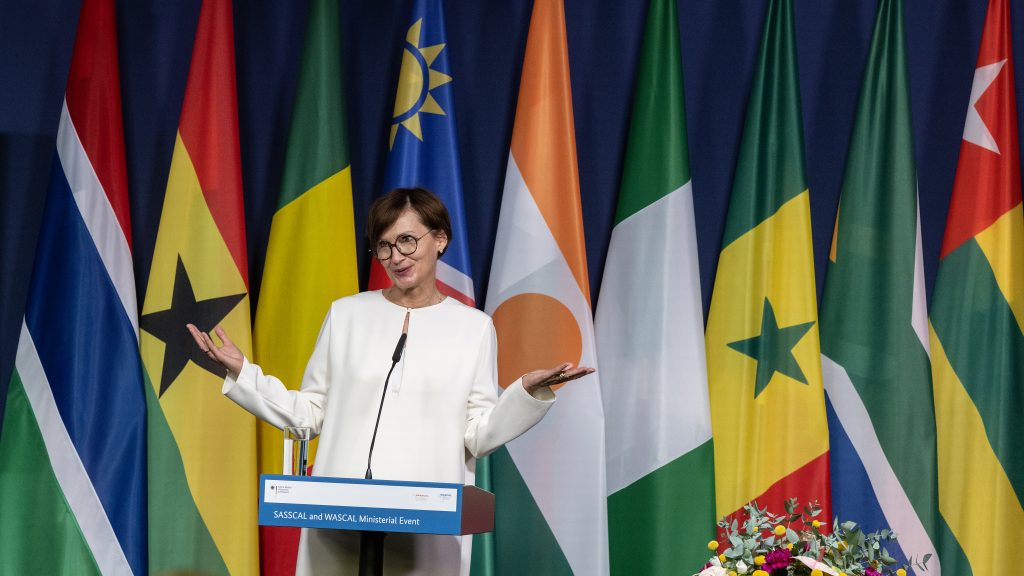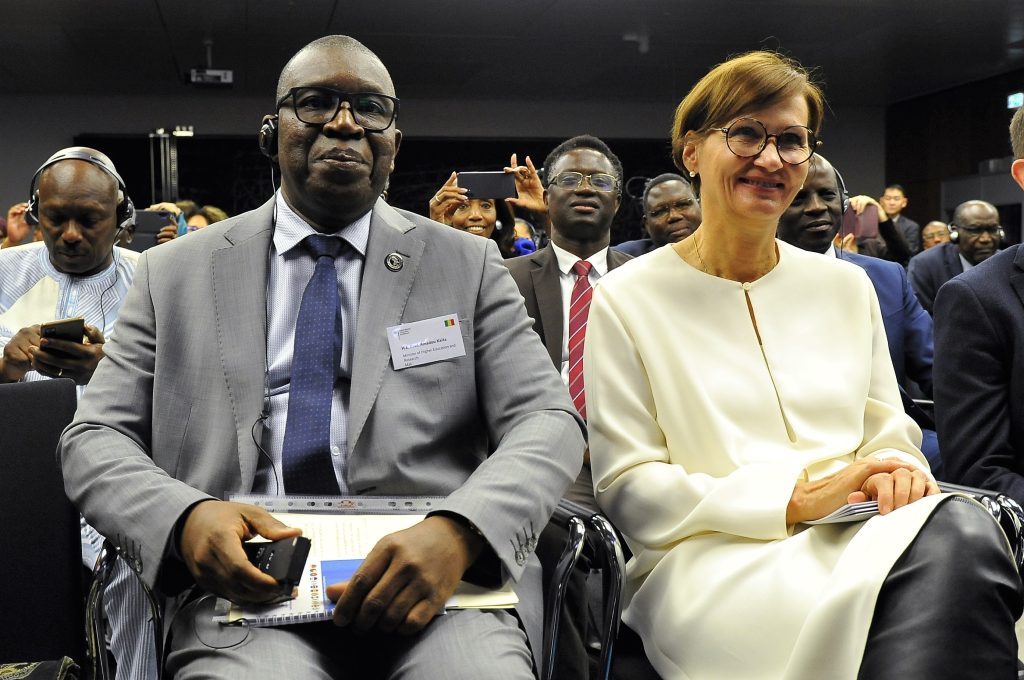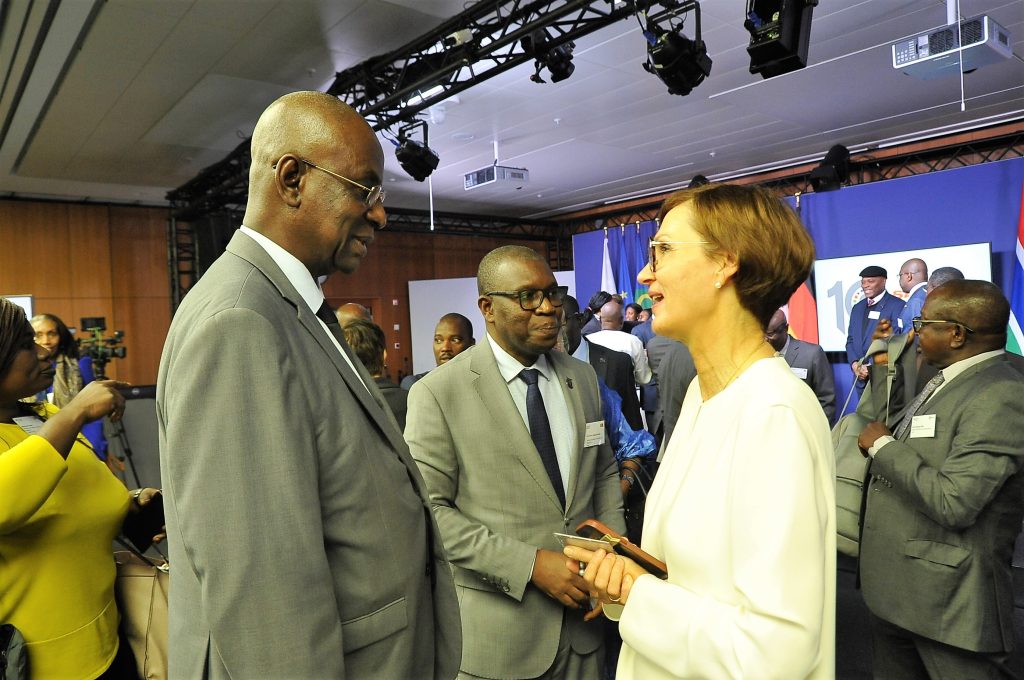
BERLIN: The Federal Minister of Education and Research, Germany (BMBF), Madam Bettina Stark Watzinger, has lauded the many successes chalked by West African Science Service Centre on Climate Change and Adapted and Use (WASCAL and the Southern Africa Science Service Centre on Climate Change and Adaptive Land Management (SASSCAL), through the partnership of BMBF over the past 10 years, citing continuous impact story between Africa and Germany in the fight against Climate Change.
Delivering her speech at the WASCAL-SASSCAL inter – ministerial meeting of West Africa and Southern Africa on climate change and green hydrogen in Berlin, Germany, the minister expressed delight at the number of future scientists trained so far in West and Southern Africa in diverse thematic areas on climate change.
“Research and politics Africa and Germany – We are walking the path together. Truly a reason to celebrate. Ten years – that’s not always a given in international relations. Ten years of many successes. The most important of which is our next-generation scientists. More than 600 young people have been trained at WASCAL 300 at SASSCAL, working across disciplines and internationally these climate experts whom we need – especially in Africa.” She spoke.
She also expressed optimism at the role research plays in helping understand the development of climate change in Africa, citing the impact stories and sustainability of WASCAL and SASSCAL.
“Research success is just as impressive. The many programmes help us to understand how climate is developing in the regions Most importantly, how we can launch a sustainable energy industry using modern, green technologies. The service centres in Windhoek and Ouagadougou are crucial in this context. They deliver the very latest climate and environmental data with the help of satellites and geoinformation systems. Digitalization and Big Data, and intelligent land management – the centres are making all this possible.” She elaborated.
The Federal minister again emphasized the need for knowledge-based evidence to boost climate resilience for the purposes of adaptation.
“It is knowledge that we need to boost our climate resilience, for our countries to adapt to climate change and its consequences: heat waves, floods. We will then be able to address the causes of these dramatic changes. We can develop strategies for the transformation of our industry and our society getting away from oil and gas, making a move toward sun and wind.”
The WASCAL-SASSCAL inter-ministerial meeting was an invitation by the Federal Minister of Germany on the occasion of the 10th anniversary of the two regional institutions, dedicated to fighting climate change and championing a successful energy transition from fossil fuel to green and clean energy. Since 2012, the two regional centres of excellence in climate change have churned out a total of 800 future scientists and embarked on several scientific research, providing policy makers and other key stakeholders with services in the interest of winning the battle against climate change.
The meeting was attended by 17 ministers from West and Southern Africa, members of the diplomatic corps from Africa and Germany, German policy makers, Governing board members, and scientific advisory committee members from the two institutions.



